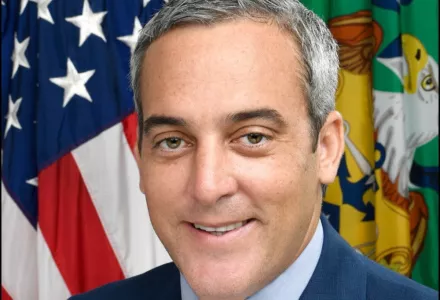National Security and Investment Screening in the 21st Century: A Conversation with Paul Rosen
Assistant Secretary of the Treasury for Investment Security Paul Rosen will speak to the evolution of economic tools to protect national security, in particular the Committee on Foreign Investment in the United States (CFIUS). Rosen will discuss how CFIUS conceptualizes risk, the most frequently identified national security risks in CFIUS cases, the importance of maintaining technological leadership in areas such as semiconductors and AI, and how CFIUS works with allies to promote investment security across borders. The talk will be followed by a Q&A session and will address the Treasury hiring process and work opportunities for HKS graduates. Presented by the Homeland Security Project at the Belfer Center for Science and International Affairs.
____
Paul Rosen serves as the Assistant Secretary of the Treasury for Investment Security. Nominated by the President and confirmed with bipartisan support by the United States Senate on May 23, 2022, Mr. Rosen leads all operations and activities of the Committee on Foreign Investment in the United States (CFIUS), the interagency Committee authorized by Congress to review certain foreign investment into U.S. businesses for national security risks. He oversees the review of hundreds of transaction filings each year often amounting to hundreds of billions of dollars in investment activity and is responsible for managing the Committee’s recommendations to the President to suspend or prohibit transactions that threaten to impair the national security of the United States. He also guides the Committee’s policy and international relations activities as well as the monitoring, compliance and enforcement of national security agreements executed to mitigate national security risk.

